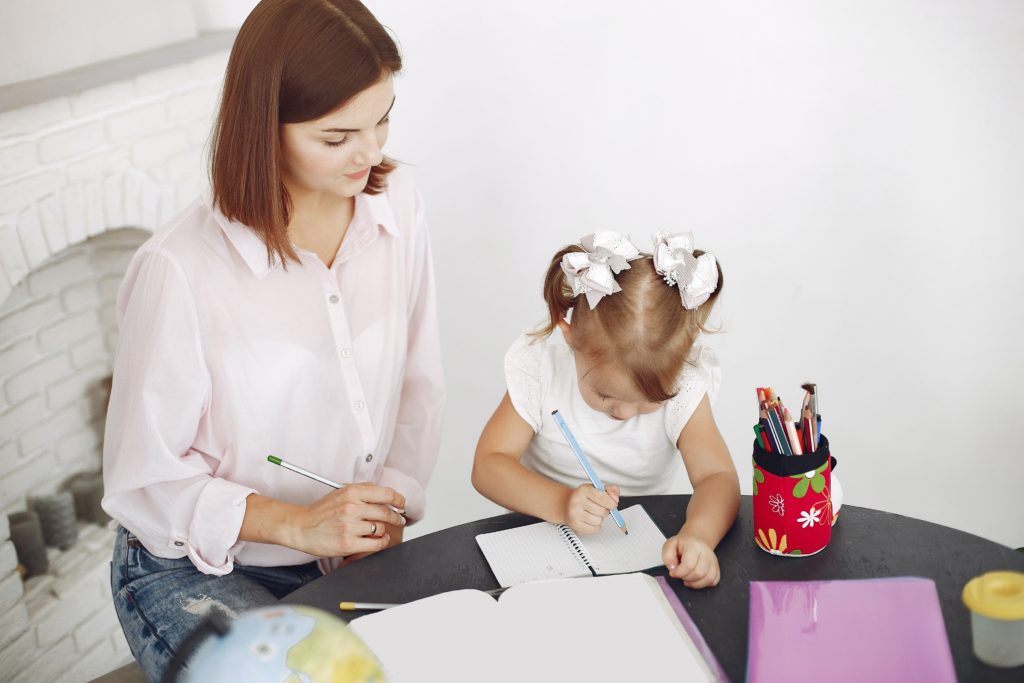In July this year, St John’s Foundation collaborated with Virgin Care and Bath and North East Somerset Council, to launch the Language for Life project. The project focuses on supporting pre-school children to reach their age-related expectations in communication and language development before they transition into primary school settings in Bath and Keynsham. This type of targeted support is a key focus of St John’s Foundation Fund which aims to significantly reduce the educational attainment gap in B&NES by 2030.
Now, with one term complete, we are pleased to share an update on the project to date.
Term 1 very much focused on recruiting settings and providing training.
The initial priority was to invite 25 early-years settings who met the project criteria. Those invited included childminders, group-based settings, and school nursery classes, all of whom were committed to making a difference to the children and families they care for.
Once a place was accepted, practitioners from each setting attended the WellComm Toolkit training to learn how to implement language interventions and complete the ‘language screen’ (a language-based assessment to identify what level a child’s communication is). All shared that they felt confident with the techniques used and understood that term one would be very much an opportunity to put the training stage into practice, with skills further honed over term two.
Practitioners also had visits from the programme’s Speech and Language Therapist and began their first language screening. During the visits, the practitioners shared that the toolkit had helped them to recognise children who needed additional support, helping them to identify gaps in children’s communication and language development.
Even though term one is just the training stage of the project, positive impact is already being made with one practitioner saying:
“I am really enjoying the Language for Life project and I think all the training, resources and support you have organised are fantastic. So far, I have identified one child as being in the red zone, his parents are very engaged with the project, and I have made a referral for speech and language support. The parents have been given activities to do at home with the child from the Big Book of Ideas.”
The Language for Life programme also provides a unique opportunity for emerging or existing leaders in the early-years settings to take on the role of Communication Champions. In this role they receive further training, support, and guidance, whilst gaining two years leadership experience in delivering a project.
The purpose of this role is to act as a ‘champion’ for those children who may be vulnerable to underachieving due to a communication and language need. The champion will then co-ordinate support to help them to reach their full potential, linking with the setting Special Educational Needs Co-ordinator where appropriate. Champions will also ensure the success of the project by co-ordinating and overseeing the implementation of it in their setting.
Term 2
Term 2 will see the start of regular visits to each setting from the Early Years’ Service. These visits will be to support the champions in their leadership role, consider how they will engage their families in the project and to help identify any vulnerable learners that might find accessing other services beneficial, in addition to the Speech and Language Therapy Service.
The early-years settings will also receive a further visit from the Speech and Language Therapist to support them with implementing their setting language interventions.
As the project continues to take shape, we will provide regular updates to our stakeholders. The next update will be at the end of term two.



